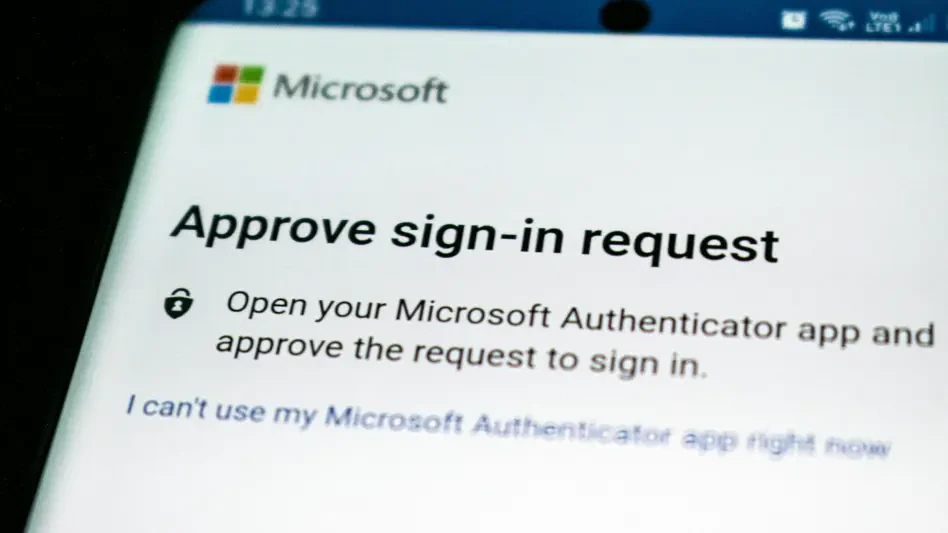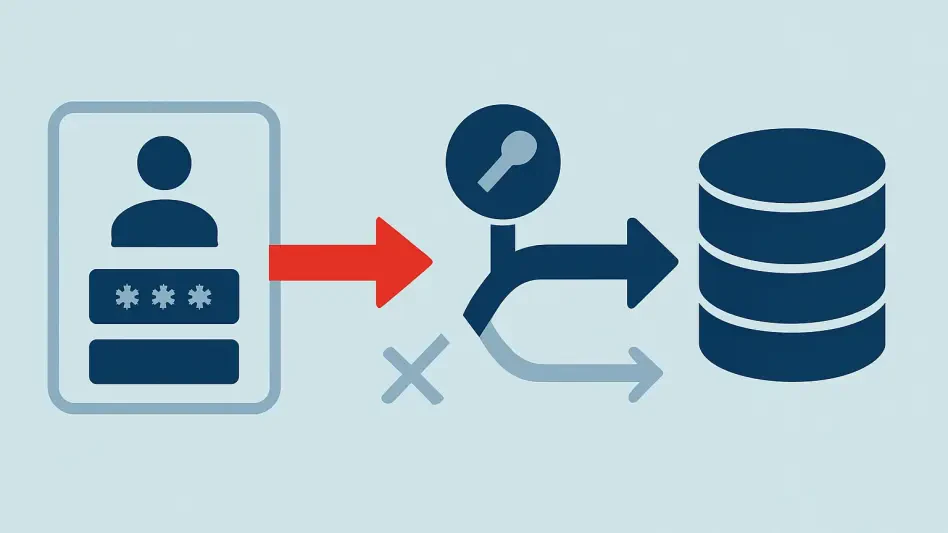In the current digital age, cybersecurity threats are escalating, with malicious actors continually refining their tactics to exploit weaknesses in traditional protection methods. This evolution is particularly evident in the vulnerability of conventional multifactor authentication (MFA), which has been a cornerstone of digital security for many years. Originally designed to enhance the security of password-protected accounts, traditional MFA demands an additional verification step, often involving one-time passcodes or push notifications. However, as cybercriminals adapt, these systems have become increasingly susceptible to advanced phishing methods, such as adversary-in-the-middle (AiTM) attacks, underscoring the need for more resilient authentication strategies. This ongoing battle for digital safety propels the introduction of WebAuthn, a promising security advancement engineered to thwart these sophisticated threats effectively.
The Vulnerability of Traditional MFA
Traditional multifactor authentication, despite its noble intent, is facing increasing scrutiny as cyber threats evolve. While MFA was a welcome addition to the cybersecurity repertoire, providing an additional layer of security beyond passwords, modern threats have exposed its limitations. Cyber attackers, adept at navigating past these defenses, leverage various sophisticated techniques to undermine MFA’s security model. The fundamental weakness stems from its dependency on factors like one-time codes or push notifications, which, though convenient, are vulnerable to interception during phishing assaults. As attackers advance their capabilities, deploying tactics such as AiTM attacks, they exploit these MFA vulnerabilities adeptly. This surge in compromise incidents highlights not just the technological sophistication of adversaries but also the growing necessity for more robust, phishing-resistant authentication methodologies that can effectively counteract these persisting weaknesses.
The Rise of Phishing-as-a-Service Platforms
The rise of phishing-as-a-service platforms has transformed the cyber threat landscape, substantially increasing the risk and incidence of phishing attacks. These services have made high-quality phishing toolkits like Tycoon 2FA and Evilproxy accessible to a wider audience, even enabling those with little technical skill to launch sophisticated cyber attacks. This trend signals a concerning development where the entry barrier for sophisticated phishing operations has drastically fallen. Now, those seeking to compromise systems and accounts, even those protected by multifactor authentication (MFA), no longer need deep technical knowledge, thanks to these platforms. This ease of access has led to a spike in phishing cases, as cybercriminals use these sophisticated kits to craft attacks that closely emulate legitimate communications. Consequently, the cyber landscape has become more perilous, with individuals and organizations facing heightened challenges in defending against these pervasive threats.








